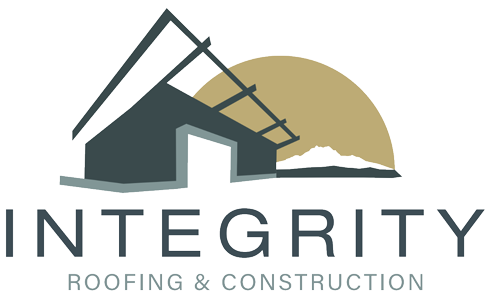Buying and installing solar panels is a serious purchase that requires thorough considerations and careful planning. We would all much rather be able to walk into a store and find a product we desire that is perfectly suited to our needs and situation but we all know that isn’t the case.
Because solar panels are a relatively large investment, this blog will help weed out the good and the bad and highlight what is most beneficial.
- How long are you going to live in your house?
It’s important to have an estimated time frame in which you plan on living in your current home. Keep in mind, it will take at least 5-6 years to pay off your solar panel investment.
If you are planning to live in the same house long-term, investing in solar panels is a great idea but if you are a type of person who is always on the move or your job requires you to change your locations frequently, it’s a better idea to think about other ways to decrease your energy consumption.
- Amount of energy needed to power your house.
It doesn’t come as a surprise that every household consumes different amounts of energy depending on what their electricity is used for, how many people live there etc.
The size of the system depends on two sole factors:
1. insolation and the amount of energy needed.
2.Review your electricity bills, calculate how many kilowatts of energy you use on an average day and multiply that by .25 to find out how large a system approximately is required to produce energy enough for your house.
- Roof type.
It’s crucial to know what roof type you have before proceeding. Although solar panels can be installed on nearly any roof, in some cases it might require a bit more effort and extra costs. In fact, some companies only install solar panels on composite shingles and refuse to work with Spanish tiles, don’t be discouraged though, it only requires slightly more research to find one who does.
- Cost range.
Due to market growth, since 2011 the price of solar panels has dropped 60 percent. Add federal and local tax credits and subsidies to your panel price, and that should be around ~$17,000 you will have to invest as up-front costs.
- Location.
Making sure you have sufficient sunlight is quite obviously an important factor as it will assess the number and type of panels you should use. Different panels have different reactions to shadow. Some reduce the output while some shut down entirely. The more hours your panels will be exposed to full sunlight, the more efficiently energy will be produced.
- Project Length
If you are a busy person, keep in mind that the whole process of installing solar panels will occupy a bit of your spare time. Wiring and installation usually takes a few days; nevertheless it can even take up to a few months from the time you sign the contract until you can carry on with the actual installation.
- Permits.
Prior to installing your solar panels, make sure to read any relevant information pertaining to building permits for your region. Without ensuring you have the proper permit, you risk being fined and having to redo the entire system which would be time consuming as well as expensive. It’s not a difficult process to obtain a permit, they are issues at a local level.
- Choosing the right company.
Look for the professionals who can offer you sturdy warranties that are at least 10 years, are licensed and bonded and do not have any major complaints against them or their company. All this information should be easily accessible online. You can also inquire about recent customer references.
